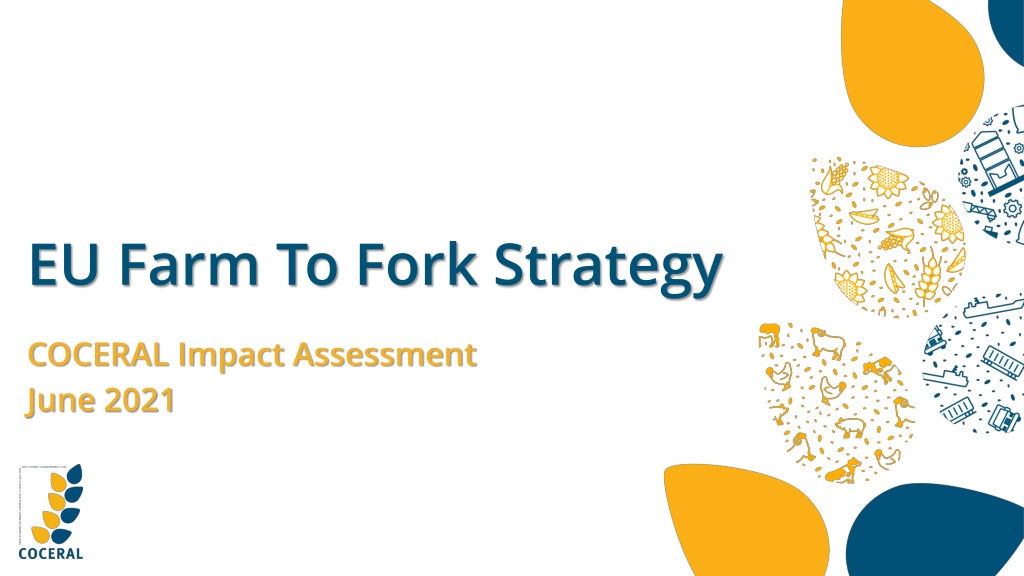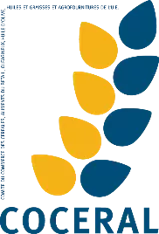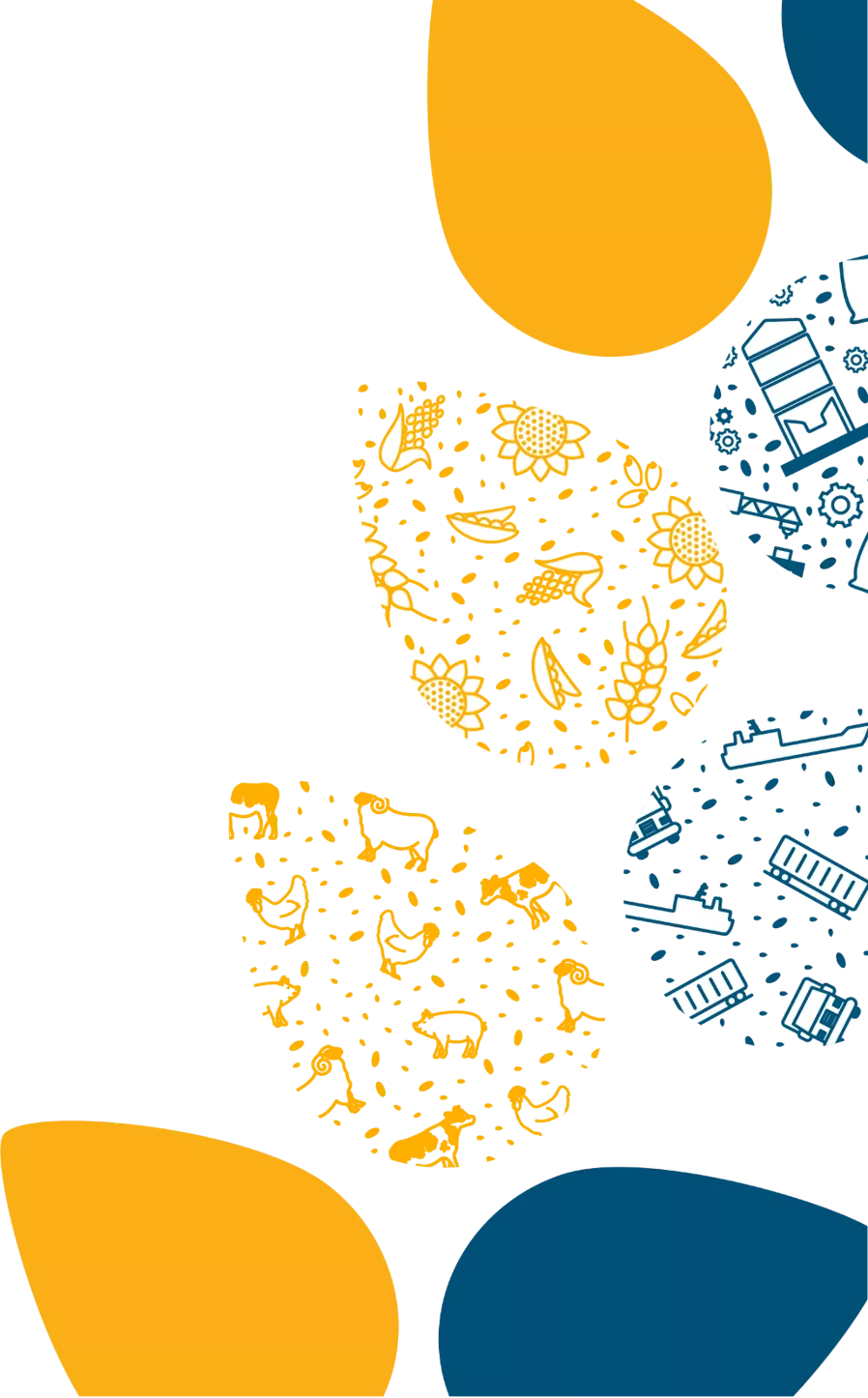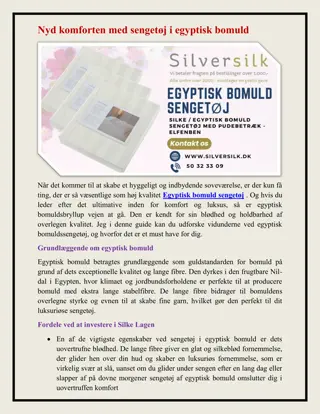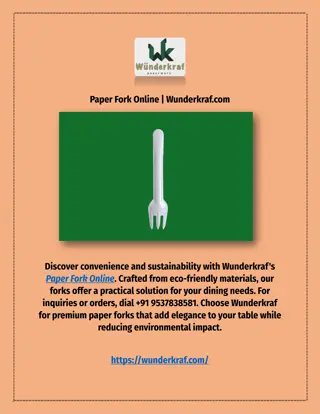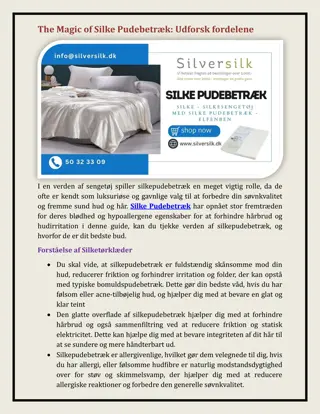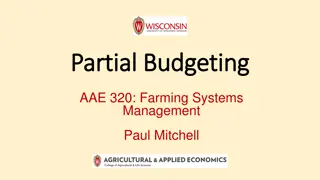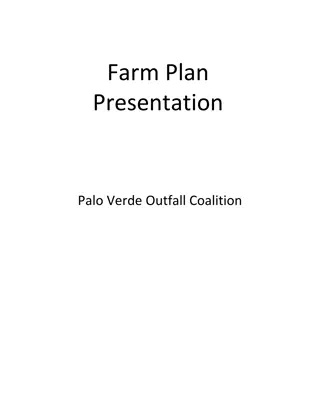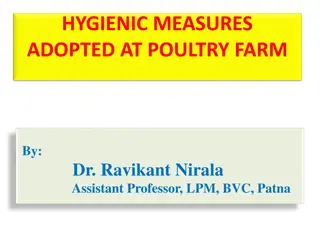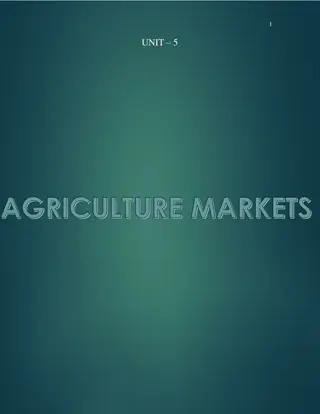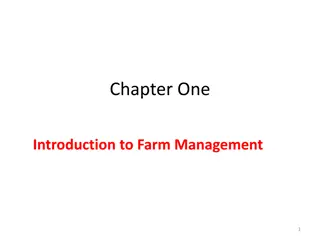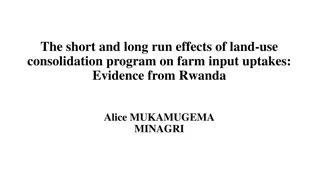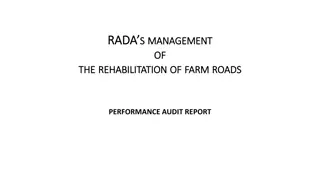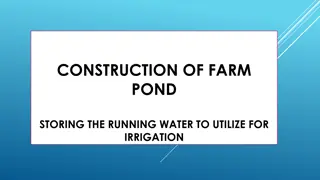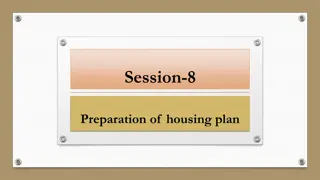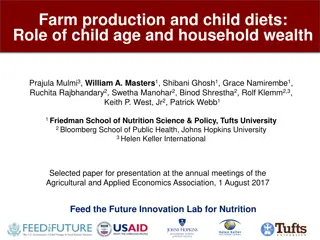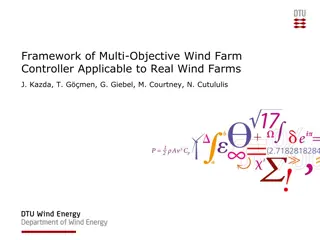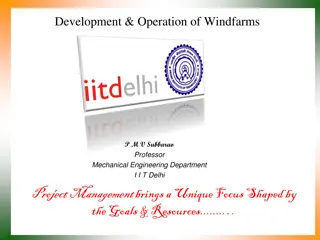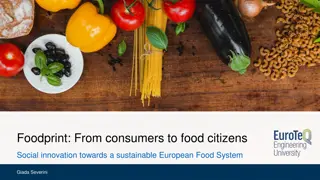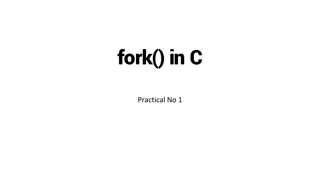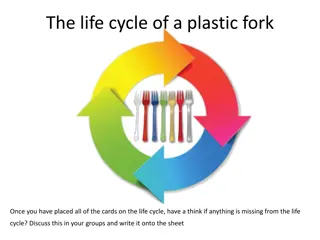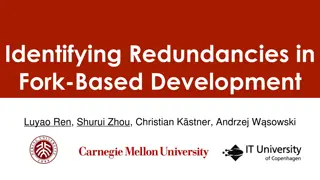EU Farm To Fork Strategy and COCERAL Impact Assessment
The European Commission proposes ambitious targets including transforming 10% of agricultural land for high diversity landscapes, increasing organic area to 25%, reducing fertilizer and pesticide use by 20% and 50% respectively. COCERAL's impact assessment aims to quantify the effects on the EU arable crop sector by 2030 through different scenarios. The expected responses from farmers involve utilizing set-aside land, transitioning to organic farming, and reducing fertilizer applications. The shift towards organic production is seen as a key strategy to achieve these targets.
Download Presentation

Please find below an Image/Link to download the presentation.
The content on the website is provided AS IS for your information and personal use only. It may not be sold, licensed, or shared on other websites without obtaining consent from the author. Download presentation by click this link. If you encounter any issues during the download, it is possible that the publisher has removed the file from their server.
E N D
Presentation Transcript
EU Farm To Fork Strategy COCERAL Impact Assessment June 2021
European Commission Proposal Biodiversity Strategy 10% of the total agricultural land to be transformed in land dedicated to high diversity landscape . Farm to Fork Strategy Bring organic area from a current ~8% to 25% Reduce fertilizer applications by 20% and Reduce nutrient losses by 50% Reduce pesticide use by 50%.
Scope of COCERALs impact assessment The scope of our assessment is to quantify the impact of these four targets on the EU arable crop sector by 2030. Three scenarios were considered depending on the area of arable crops impacted as compared to the total agriculture area: a low impact, a medium impact and a high impact scenario. For example, under the medium impact scenario, 37.5% of the set aside requirement is met on arable land and 62.5% on other agricultural land. A fourth scenario (extreme impact) considers the implementation of the F2F targets only on arable land, especially the set-aside and organic targets.
Expected response by farmers (1/4) Land dedicated to high diversity landscape Use set-aside land under the greening obligations to count against the target. The driest areas with the lowest yield potential will be set-aside (at farm/national level).
Expected response by farmers (2/4) Increase organic area to 25% The driest areas with the lowest yield potential will become organic. Crop rotation will need to widen from a 3-4 step rotation to a 6-7 step rotation, automatically reducing the acreage of Grandes Cultures at the benefit of catch crops, intermediate crops, and other small crops. Certain crops are not suitable for organic production (mainly rapeseed), while others are, because the yield downside is less significant when switching to organic production and/or there is a significant market for organic produce (rye, spelt, oats, soybeans, pulses). The target for organic production is an average across Member States. However, if consumer demand for organic products continues along current trends during the next few years, there will be no big enough market for the EU s organic production.
Expected response by farmers (3/4) Reduce fertilizer applications and nutrient losses It is expected that part of this goal will be automatically achieved by the switch to organic production. Impact on yields is expected to be relatively small. The Commission explicitly mentions that the reduction of nutrient losses is more important than the reduction of the application as such and a significant reduction of nutrient losses is relatively easy to be achieved.
Expected response by farmers (4/4) Reduce pesticide use It is expected that this goal will be partly achieved by the switch to organic production. The reduction in pesticide applications should impact grain yields moderately (mechanical weed control technology is improving), while it would have a bigger impact on rapeseed. With lower rapeseed production, the farmer would lose an important crop in the rotation, leading to lower yields of other crops.
Results (Grain and Oilseed exports and imports in million tonnes)
Key takeaways (1/2) The EU would become a net importer of grains, especially under our more extreme scenarios or bad weather conditions. Grain prices within the EU would rise at the expense of domestic consumers and livestock producers. The EU would have to import at least 10 million tonnes of rapeseed to cover EU consumption, which would be difficult. With less rapeseed, availability of rapemeal will fall, thus leading to a shortage of feedingstuffs.
Key takeaways (2/2) Europe s geographical location naturally offers among the best conditions for agri production in the world. This is one of the strongest assets of the EU, and it is why the agri-food industry has flourished on the continent. These investments are now put at risk. Volumes collected and stored locally would decrease as well, impacting the whole supply chain, including industry. Who would feed the countries relying on EU agri materials? In order to replace the EU grains on the world market, other countries, which can still bring additional land into production, would have to use up to 5 times as much land into production because yields are 5 times lower. This is unnecessarily tightening food supplies. And is this sustainable? The world market price would be determined by a smaller number of exporting countries leading to higher prices and higher volatility.
COCERAL is the European association of trade in cereals, oilseeds, pulses, olive oil, oils and fats, animal feed and agrosupply. It represents the interest of the European collectors, traders, importers, exporters and port silo storekeepers of the above-mentioned agricultural products. COCERAL s direct members are located throughout EU countries, the UK and Switzerland. UNISTOCK, the European association representing the professional portside storekeepers for agribulk commodities within the EU, is an associate member of COCERAL. Gafta is an extraordinary member of COCERAL. COCERAL members represent some 3000 companies who trade agricultural raw materials destined to the supply of the food and feed chains, as well as for technical and energy uses, and operate at every step of the agri supply chain. Contact us on secretariat@coceral.com
